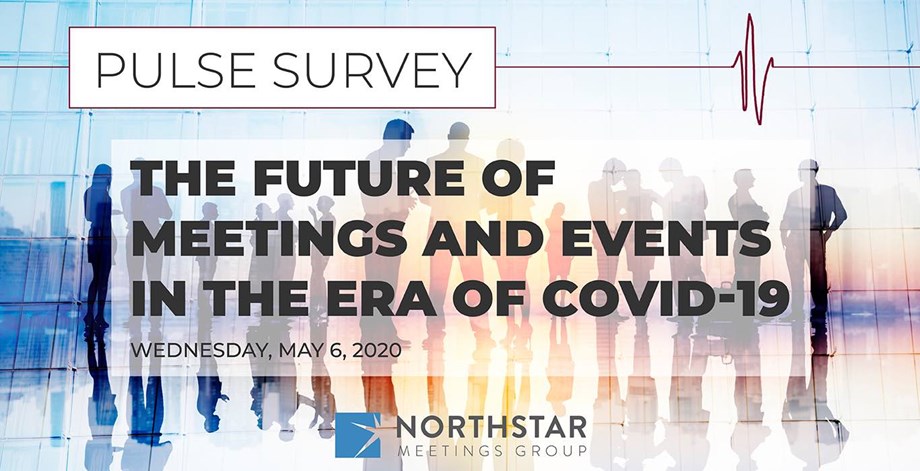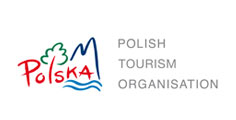Future of the industry according to Northstar Meeting Group survey
Northstar Meeting Group’s bi-weekly survey captures how the meetings industry responds and adapts to the changing conditions brought by the threat posed by COVID-19. The survey assesses the impact of the worldwide pandemic on meeting planners, including their job status, business plans and projections for the future of events.

Based on 736 planner respondents, with the majority headquartered in the United States, followed by Canada and Europe, the latest results of the survey were published on May 6. Survey participants represent a wide range of industry segments, including association planners (41%), third-parties (24%) and corporate planners (21%).
The majority (58%) still expect to hold meetings in this calendar year, but that is down significantly from 71% recorded in the previous survey two weeks ago. On the other hand, 39% foresee holding delayed events next year at the earliest.
In setting dates for new (not rescheduled) events, 50% of planners will wait for the first half of 2021, and 10% will opt for the second half of next year, a notable shift from the previous survey. 9% will not book meetings and events until 2022 or later.
Almost half of respondents plan more than 12 meetings per year - or at least they did in 2019. Will they plan fewer events in 2021? That is the expectation for 30% of planners, up somewhat from 27% previously.
Findings show a shift, too, in the size and type of meetings to be held next year. Specifically, small and local meetings will become more prevalent. 26% of planners will hold more local events. Meanwhile, fully 50% anticipate planning fewer international events, and 38% are bracing for a decline in trade shows and exhibitions.
Unemployment for meeting planners did not increase in recent weeks; 83% report they are working full-time, consistent with the previous survey. However, the nature of their business has shifted somewhat from booking to just looking.
40% of respondents were still sourcing and booking business, according to our previous survey conducted on April 14-21. That number declined to 31% in the subsequent 14 days, while the percentage of those doing the legwork toward future events, but not making decisions rose from 31 to 43%.
Planners' worries are many, but the biggest concerns are about factors that could make it impossible or not feasible to hold face-to-face meetings at all. At the top of the list is the worry that corporate policies will restrict or prohibit business travel, followed by reduced demand and insufficient budgets. In terms of logistics for meetings that do go forward, a growing majority are anxious about implementing new best practices for gatherings and about the ability of hotels and venues to meet more stringent health and safety standards.
Click here for the full results of the most recent Northstar Meeting Group along with their comparison to the previous edition.



